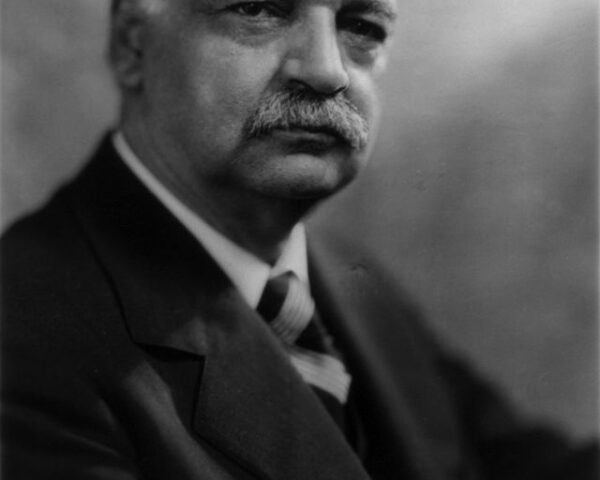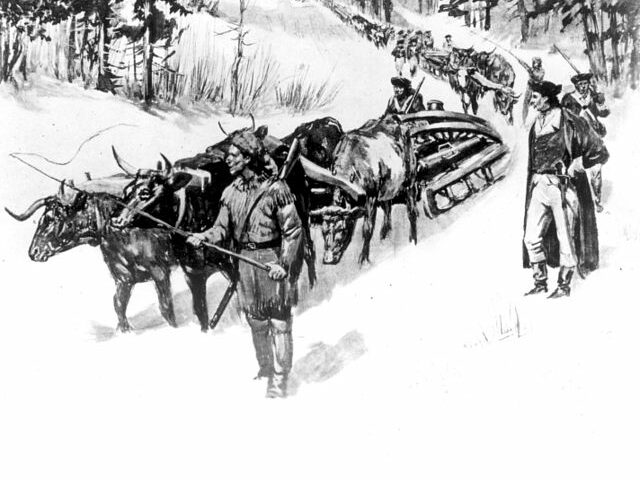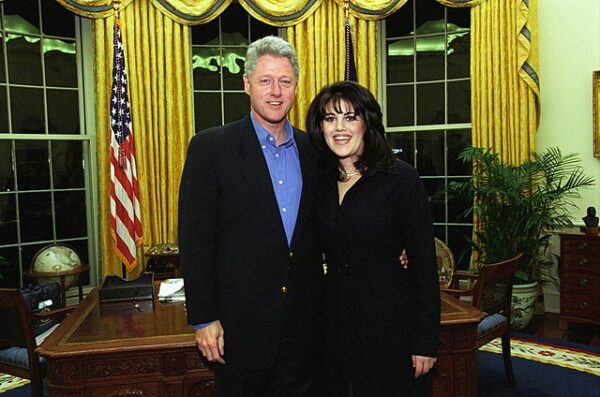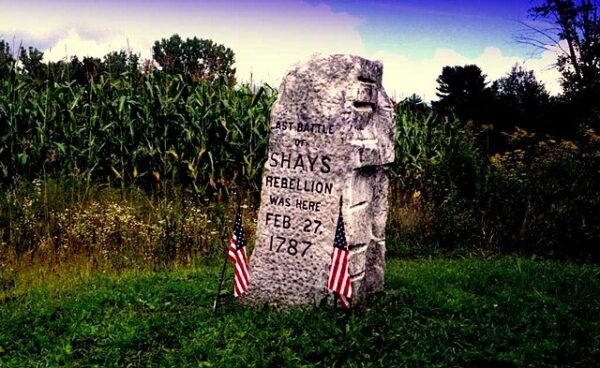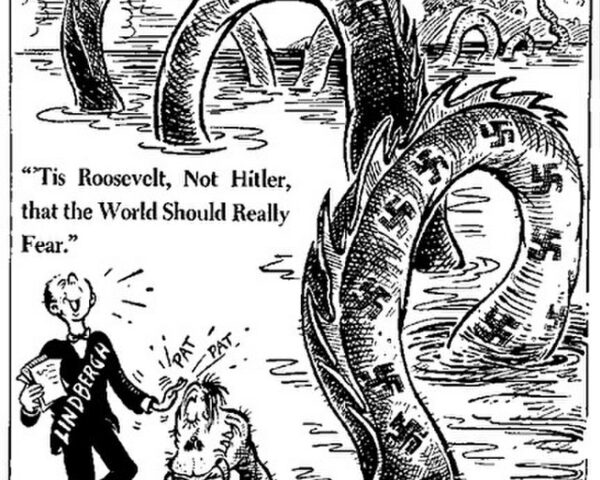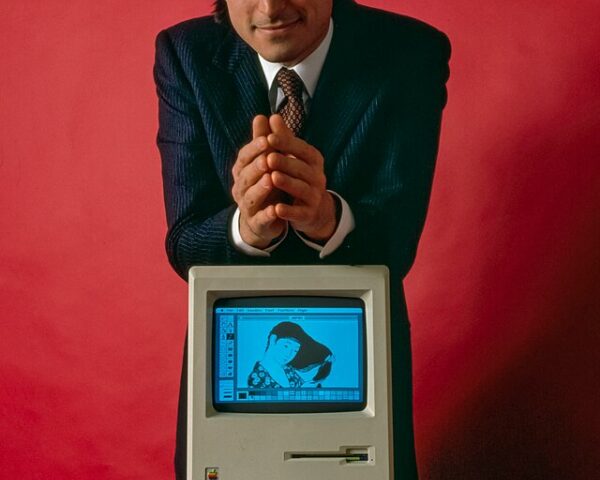Charles Curtis made history on January 29, 1907, becoming the first Native American to serve in the United States Senate. A member of the Kaw Nation, Curtis’s extraordinary career was marked by his dedication to public service, his advocacy for Native American issues, and…
Read MoreJanuary 28, 1915, marked a pivotal moment in American maritime history when an act of Congress formally created the United States Coast Guard as a branch of the United States Armed Forces—quietly reshaping how the nation would protect its shores, commerce, and citizens at…
Read MoreOn January 27, 1776, an extraordinary achievement of the American Revolutionary War reached its climax. Henry Knox’s “noble train of artillery” arrived in Cambridge, Massachusetts, delivering the heavy weaponry that would become crucial in the fight for independence. This remarkable accomplishment showcased the ingenuity,…
Read MoreOn January 26, 1998, President Bill Clinton said something on national television that became a defining aspect of his presidency: “I did not have sexual relations with that woman, Miss Lewinsky.” The Monica Lewinsky scandal was a major political scandal that emerged in the…
Read MoreIn January 1787, the future of the United States of America and its newly-formed nation appeared to be unraveling at the seams when hundreds of Revolutionary War veterans launched an insurrection. The rebellion took place in western Massachusetts during 1786 and 1787, led by…
Read MoreOn January 24, 1935, the Gottfried Krueger Brewing Company of Newark, New Jersey, changed beer drinking forever when it introduced the first commercially available canned beer, a groundbreaking innovation that transformed the beverage industry. This development revolutionized how beer was packaged, distributed, and consumed,…
Read MoreOn January 23, 1941, Charles Lindbergh, the renowned aviator celebrated for his groundbreaking 1927 solo transatlantic flight, delivered a controversial speech before the U.S. Congress. In his testimony, Lindbergh advocated for a neutrality pact with Nazi Germany, a stance that would polarize public opinion…
Read MoreIt is considered one of the most important television miniseries of all time. On January 23, 1977, “Roots” debuted, marking a watershed moment in the history of American TV. Based on Alex Haley’s novel, the miniseries chronicled the journey of an African-American family, beginning…
Read MoreOn January 22, 1973, the Supreme Court of the United States issued two pivotal rulings, Roe v. Wade and Doe v. Bolton, that fundamentally altered the legal framework surrounding abortion in the United States. These decisions collectively legalized elective abortion nationwide and established a…
Read MoreIn the early 1980s, Apple embarked on a revolutionary project that would redefine personal computing. Jef Raskin, an Apple employee, initiated the Macintosh project with the vision of creating an affordable and user-friendly computer equipped with a graphical user interface (GUI). However, it was…
Read More

